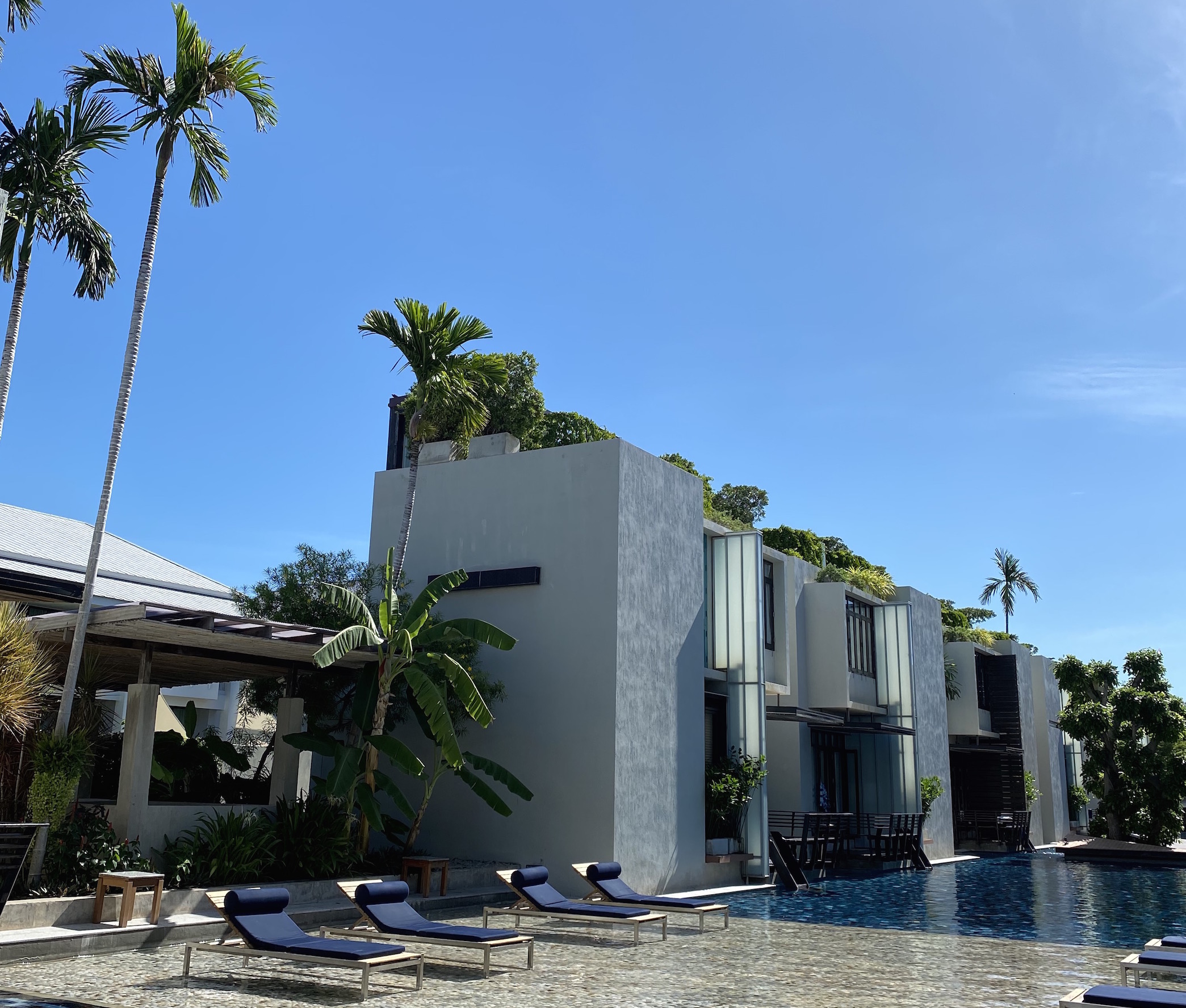When Thailand’s government ordered hotels in more than half the country to close down on April 4, Airbnb host Chantip Pakvisal knew she had dodged a bullet.
Pakvisal is the owner of four houses in Bangkok Noi, the old town part of Bangkok where many local attractions are. Currently, two people, one Brit and one American, are staying there – but not necessarily because they want to. Neither can travel home because of restrictions on flights. So, for their host, not much has changed except for the occasional visits from government officials and the new social distancing rules.
But Pakvisal is the exception. “I am so glad that there are still some guests,” said Pakvisal. “I was worried when the order came out, but luckily, we were able to stay open unlike so many other hotels.”
For boutique and big chain hotels throughout Thailand, the order has meant financial catastrophe as travel all but halted in early April. According to the Bank of Thailand, the hotel occupancy rate fell from 77.97% in January to 2.3% in April.
SALA Samui, one of the seven branches of the SALA Thai boutique hospitality group, experienced a massive decline in customers, according to Chonticha Sriyai, the front office manager of SALA Samui. Normally, 90% of SALA Samui’s customers are foreigners, but now all of them are gone. They have to shut multiple zones down and let go of approximately 30% of their employees, said Sriyai.
Marriott closed its hotels across Thailand during the lockdown, according to Dechsak Singharattanatrai, an Assistant Director of Finance at Marriott International.
According to Yuthasak Supasorn, the governor of the Tourism Authority of Thailand, 60% of Thailand’s income from tourism comes from international tourists, but now they have to focus on domestic traveling instead.
With this in mind, Singharattanatrai said that Marriott will shift its resort destinations to target Thai citizens looking for a getaway.
This shift won’t be easy; the decrease in purchasing power combined with the fear of COVID-19 makes Thais more reluctant to travel. But Supasorn said TAT plans to use government stimulus money of 400 billion baht, the equivalent of about 129 million dollars, to make the necessary changes – focusing on making travel cheaper for Thais. He expects the economic impact of the stimulus to be 2-3 times the budget allocated.
The government will give each healthcare worker 2,000 baht, the equivalent of about 65 dollars, to buy local tours to travel within Thailand and people can also sign up for 40 percent off hotel vouchers on a digital Krungthai Bank platform; the project is set to include five million hotel rooms.
But will people feel safe enough to travel and spend these vouchers? Recep Karaburun, a Hospitality and Tourism professor at NYU School of Professional Studies, says that building consumer confidence will be key, including investing in sanitizing protocols and social distancing measures and making sure their customers know they’ve done so.
“Everything is marketing,” said Karaburun. “And marketing is everything.”
According to Supasorn, technology will play an important role in this regard, and travelers should expect to see recognition systems in hotels to limit, track, and trace people.
Vanja Bogicevic, a Hospitality Marketing professor at NYU agrees, saying that hotels should encourage people to travel locally with targeted ads to promote driving distance destinations.
And for these travelers, extended-stay hotels and bed and breakfasts, like Pakvisal’s, may be most attractive. Many already offer a cheaper rate the longer you stay, and often have a kitchen facility and a living room making social distancing easier.
Pakvisal knows she’s in a better spot than big hotels, but says she has slightly fewer requests for bookings than this time last year. Still, she’s holding out hope for more reservations towards the end of the year.
“I’ve actually enjoyed getting closer to my guests, a British international school teacher in Shanghai and an American dating app developer,” said Pakvisal, “But I wish I can cook full Thai meals for them like what I usually do for my guests before all this.”
Supasorn adds that as people currently value privacy and space above comfort or other luxuries, these small to medium-sized hotels will gain traction. Supasorn says that the country should be able to get a clearer sense of a rebound when the country fully lifts its lockdown and when the high season comes at the end of this year.
Eventually, predicts Professor Karaburun, this too shall pass.
“We will recover,” said Professor Karaburun. “The travel and tourism industry is the most resilient industry in the world.”








